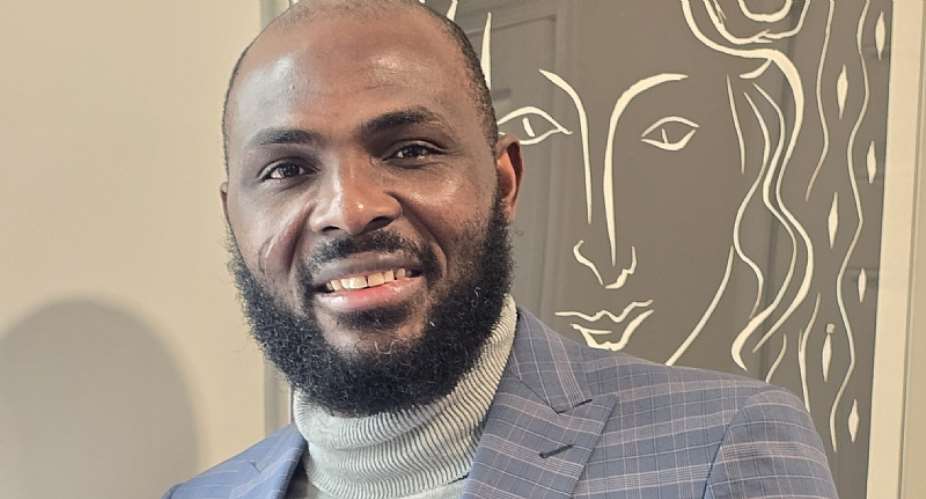As a concerned citizen of Ghana, I am deeply troubled by the current state of our nation. Despite gaining independence in 1957, Ghana has yet to achieve its full potential. The vision of a vibrant economy and prosperous citizens, championed by Dr. Kwame Nkrumah, seems to have been derailed. The challenges we face today are eerily similar to those Nkrumah fought against, perpetuated by the descendants of his political adversaries. These individuals, in collusion with colonial powers, have conspired to keep Ghana in a state of poverty.
In Ghana, we have witnessed various political regimes, and while some have been commendable, others have been severely lacking.
Our nation's challenges can be attributed to ineffective leadership and governance, often influenced by religious and tribal politics. The future of Ghana has been compromised by a select few whose actions have been shielded by those who should hold them accountable. The silence of civil society organizations, religious institutions, and opinion leaders is concerning. These political entities have infiltrated and politicized our institutions, making it challenging to hold them accountable. As the saying goes, "When your mouth is full, you don't talk." Our gatekeepers may have been paid to keep mute and will defend a struggling government to protect their interests. A certain party assumed power amidst loud calls for accountability and good governance, but now that a new government is in power, those same voices have fallen silent.
Could their silence be an indication of bias and dislike for the previous government, or has reality caught up with them, and they would be ashamed to correct the wrongs, considering how the same people aided a deceptive and arrogant leader into power who has no respect for democracy and exhibits signs of authoritarianism?
Ghana deserves better leadership and governance, which can only be achieved if we all set aside our tribal and religious affiliations and hold our leaders accountable.
Corruption has become a pervasive issue in Ghana, leading to a significant erosion of trust in the judicial system and traditional institutions. The politicization of religious leaders and the prioritization of protecting the interests of the powerful over the welfare of citizens have further exacerbated the situation. This raises concerns about the future prospects for the youth and future generations in the country. The current economic challenges, characterized by financial, economic, and career droughts, surpass those experienced in 1983. Despite the absence of a rain drought, the fear of retribution for speaking out against these issues has resulted in widespread discontent and frustration among the populace.
God help us!
Richard Tawiah





 He proposed marriage to me online while in abroad — Celestine Donkor reveals how...
He proposed marriage to me online while in abroad — Celestine Donkor reveals how...
 Having one hit-song after 20-years makes you worthless of my attention — Strongm...
Having one hit-song after 20-years makes you worthless of my attention — Strongm...
 ‘It was painful, annoying’ — Sister Derby opens up on Medikal and Fella’s relati...
‘It was painful, annoying’ — Sister Derby opens up on Medikal and Fella’s relati...
 It's baseless, without foundation — Lawyer denies allegations of stealing client...
It's baseless, without foundation — Lawyer denies allegations of stealing client...
 You’re son of Gonjaland and you’ve my blessing to be President – Gonja King to B...
You’re son of Gonjaland and you’ve my blessing to be President – Gonja King to B...
 Galamsey: I will involve traditional leaders in granting mining licences – Maham...
Galamsey: I will involve traditional leaders in granting mining licences – Maham...
 We’ll establish joint action team to reclaim destroyed ‘galamsey’ lands – Mahama
We’ll establish joint action team to reclaim destroyed ‘galamsey’ lands – Mahama
 Cecilia Dapaah scandal: She stashed about $1m in her home to make profit when do...
Cecilia Dapaah scandal: She stashed about $1m in her home to make profit when do...
 Bawumia’s claim of cedi performing better under NPP government than Mahama ridic...
Bawumia’s claim of cedi performing better under NPP government than Mahama ridic...
 Henry Quartey has shown that I got him whatever he’s enjoying now – Shiekh IC Qu...
Henry Quartey has shown that I got him whatever he’s enjoying now – Shiekh IC Qu...
